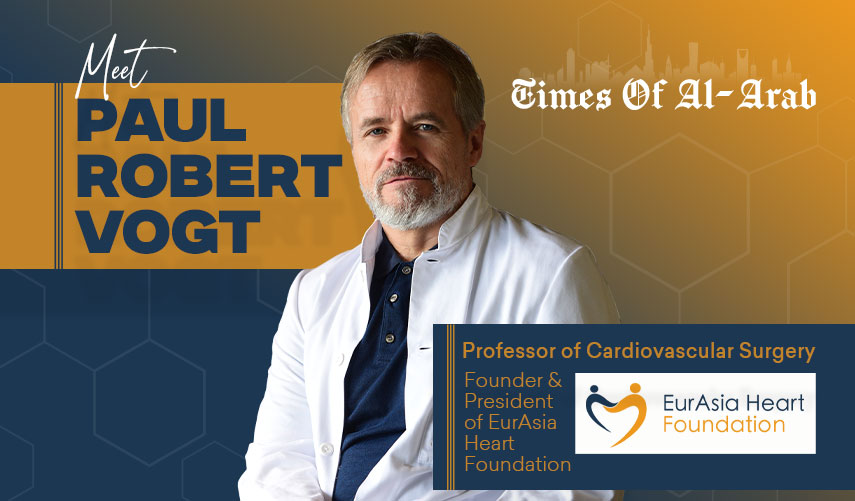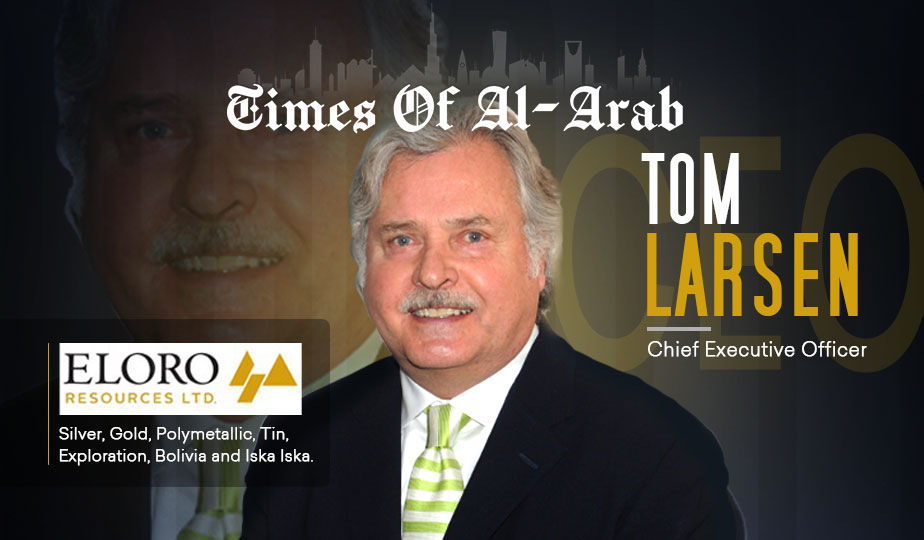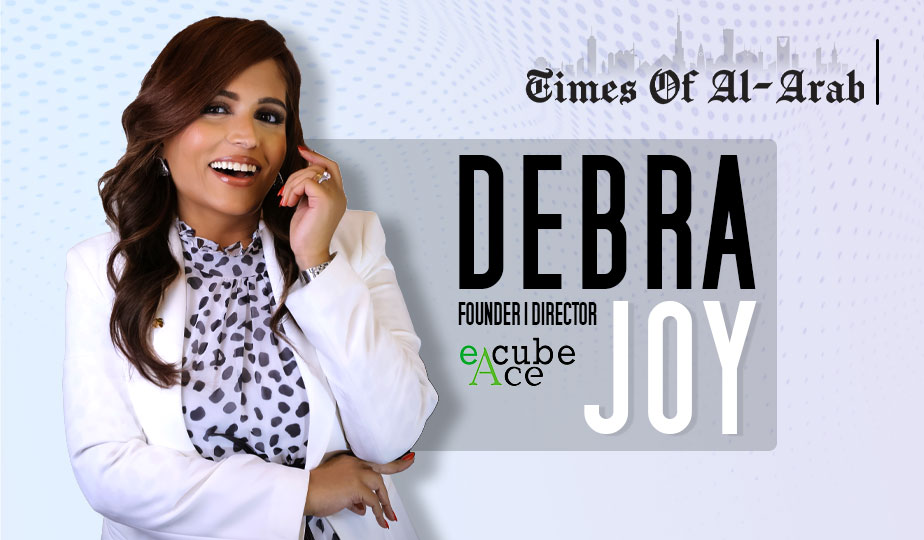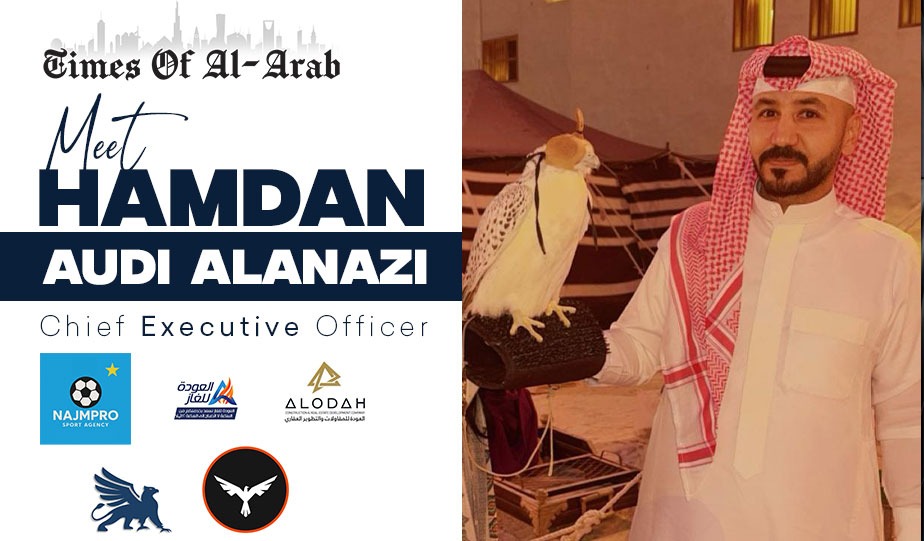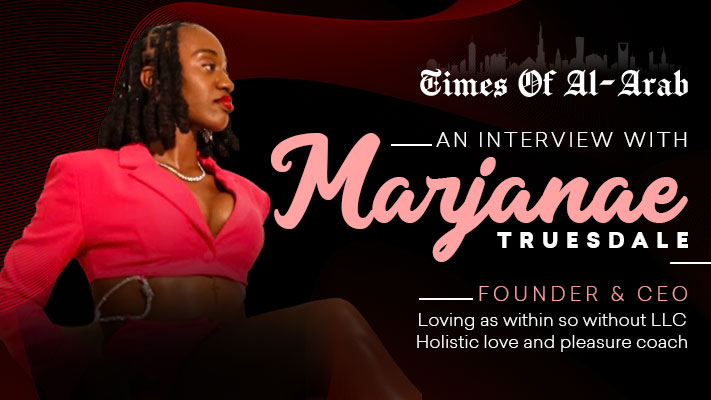Professor Paul Robert Vogt Interview
Professor Paul Robert Vogt, a world-renowned cardiovascular surgeon and founder of the EurAsia Heart Foundation, has dedicated his career to saving lives and building sustainable healthcare systems across Europe and Asia. With decades of leadership in top hospitals and universities, his mission goes beyond surgery—training local doctors, empowering medical teams, and ensuring that children and adults everywhere can access life-saving cardiac care.
Inspiration behind a Lifelong Career in Cardiac Surgery
We started the interview by asking, “Professor Vogt, you have held leadership roles in some of the world’s most prestigious hospitals. What inspired you to dedicate your career to cardiovascular surgery?”
Professor Paul Robert Vogt replied, “From my earliest days as a medical student, I was drawn to the extraordinary complexity of the human heart. Unlike many other organs, the heart represents both a symbol of life and the core of our physical existence. The idea that a surgeon’s hands could repair such a vital structure, allowing someone to return to a normal life, deeply fascinated me. Over the years, I have been privileged to direct major cardiac centers in Switzerland, Germany, and abroad. What continues to inspire me is the blend of science, precision, and compassion that cardiovascular surgery demands. Each case is not just a medical challenge but a human story, often of someone’s parent, child, or partner. Being able to offer hope and to witness the immediate impact of surgery has been the driving force throughout my career and continues to guide my daily work.”
The Vision of the EurAsia Heart Foundation
Times Of Al Arab: Could you share the vision and mission behind the EurAsia Heart Foundation, which you founded in 2006?
Professor Paul Robert Vogt replied, “The EurAsia Heart Foundation was born from a simple but urgent realization: millions of people in developing and transitional countries do not have access to modern cardiac care. Our vision is to change that by creating sustainable healthcare systems rather than temporary solutions. We aim to train doctors, nurses, and technicians locally, ensuring that expertise remains in the countries where it is needed most. The mission is twofold providing immediate medical help while building long-term capacity. This means establishing partnerships with hospitals, governments, and universities to create programs that can operate independently of outside aid. Our philosophy is not to “fly in and out” for short-term missions but to empower local professionals to perform the same high-quality procedures we do in Zurich. In this way, we can ensure that children and adults everywhere have access to life-saving cardiac care, regardless of their background or location.”
Most Rewarding Project
Times Of Al Arab: The Foundation has operated in multiple countries. What has been one of the most rewarding projects so far?
Professor Paul Robert Vogt replied, “Every project has been meaningful, but one that stands out is our long-term work in Uzbekistan. When we first arrived, there was limited infrastructure for complex pediatric cardiac surgeries, and children with congenital heart defects often had little chance of survival. Over more than a decade, we worked hand in hand with local doctors, building their skills, upgrading facilities, and creating a sustainable system. Today, the team in Tashkent performs advanced surgeries independently, saving countless young lives each year. To see a local program develop from almost nothing into a thriving center of excellence has been deeply rewarding. It proves that our model focused on knowledge transfer and sustainability truly works. For me personally, watching children who once faced hopeless diagnoses grow up healthy, attend school, and live full lives is the greatest reward. These are the moments that remind me why the EurAsia Heart Foundation exists.”
Balancing Surgery, Academia, and Humanitarian Work
Times Of Al Arab: Beyond surgery, you have been involved in academic and humanitarian initiatives across Europe and Asia. How do you balance these roles?
Professor Paul Robert Vogt replied, “Balancing clinical surgery, academic work, and humanitarian missions has never been easy, but it has always been essential to me. Surgery keeps my skills sharp and allows me to continue innovating. Academia provides the platform to pass on knowledge, inspire young surgeons, and advance research. Humanitarian work, on the other hand, gives a deeper meaning to medicine reminding me that our duty extends far beyond our own hospitals or countries. The balance comes from surrounding myself with excellent teams, both in Zurich and internationally. I cannot do everything alone, but by working with talented colleagues, each role complements the other. Surgery informs teaching, teaching enriches humanitarian projects, and humanitarian work keeps my clinical practice grounded in humanity. Ultimately, these three dimensions are not separate they form a cycle, each strengthening the other, and they keep me connected to the broader mission of healing and service.”
The Power of International Collaboration in Medicine
Times Of Al Arab: What role do international collaborations play in advancing cardiovascular surgery today?
Professor Paul Robert Vogt replied, “International collaboration is more important than ever. Cardiovascular diseases do not recognize borders, and neither should medicine. Working with colleagues across Europe, Asia, and beyond has been an extraordinary source of learning and innovation. Each country brings its own strengths whether in surgical techniques, research, or patient care models. When we collaborate, we not only improve our own practice but also create opportunities for training and knowledge sharing that benefit entire populations. For the EurAsia Heart Foundation, partnerships are at the heart of what we do. We could never succeed without the support of universities, hospitals, and governments willing to work together for the common good. These collaborations ensure that skills are transferred, infrastructure is developed, and patients in underserved regions receive the same standard of care as those in high-income countries. In short, international cooperation is the engine that drives both innovation and equality in healthcare.”
Global Challenges in Cardiac Surgery Today
Times Of Al Arab: Looking at the current global healthcare landscape, what challenges in cardiac surgery concern you most?
Professor Paul Robert Vogt replied, “The greatest challenge is the enormous disparity in access to care. In wealthy countries, patients benefit from advanced procedures, cutting-edge technology, and highly specialized teams. Yet in many parts of the world, children and adults still die from heart conditions that are fully treatable. This inequality is unacceptable. Another pressing concern is the rising prevalence of congenital heart disease in children. In places without pediatric cardiac programs, these children have little chance of survival. We also face challenges with aging populations, where cardiovascular disease is increasingly common. Addressing these issues requires more than technology it demands training, political will, and international solidarity. This is why initiatives like the EurAsia Heart Foundation are vital. By focusing on sustainable models and empowering local systems, we can help bridge the gap and ensure that access to life-saving cardiac surgery becomes a universal right, not a privilege.”
Personal Legacy in Medicine
Lastly we asked, “Finally, what is your long-term vision for the EurAsia Heart Foundation and your personal legacy in medicine?”
“My long-term vision is simple yet ambitious: that every person, regardless of where they are born, can access quality cardiac care. For the EurAsia Heart Foundation, this means continuing to expand our network of partnerships, building training centers, and creating Centers of Excellence across Asia and Eastern Europe. I want to see local doctors and teams fully capable of performing the most advanced surgeries without outside help. Personally, I hope my legacy will not be measured only in the number of operations I have performed, but in the knowledge and opportunities we have passed on. If future surgeons are able to save lives because of the training, mentorship, and systems we helped establish, then I will consider my mission fulfilled. Medicine should always look beyond the present it must plant seeds that will continue to grow for generations to come. That is the vision I strive toward.” Professor Paul Robert Vogt concluded
For more interview Professor Paul Robert Vogt website
Visit EurAsia Heart Foundation for more information
Also Read:
Dr. Aftab Hasan: The Visionary Behind a Global InsurTech Movement
The Silent Transformation of Machines with Bruno Bouygues
Raghuveer Channaiah: Driving Business Growth through Finance
